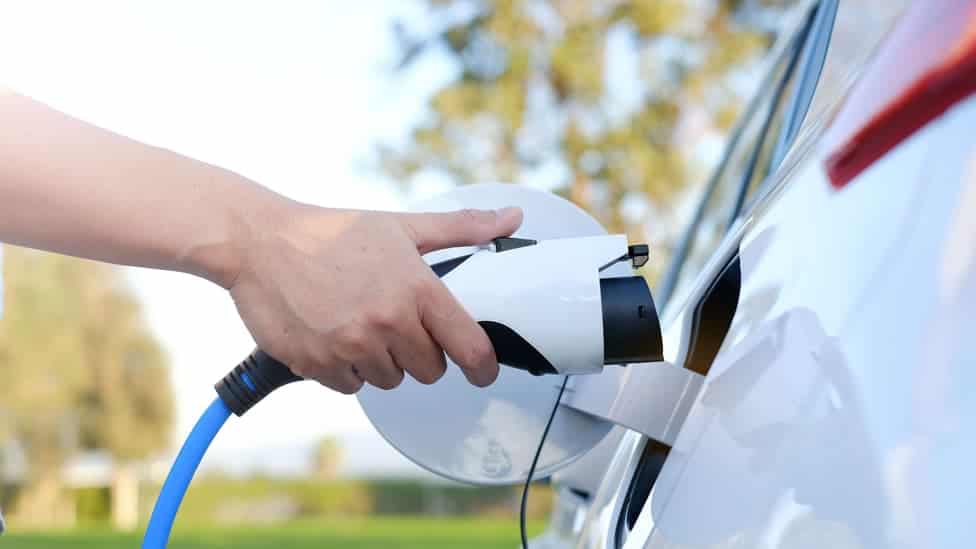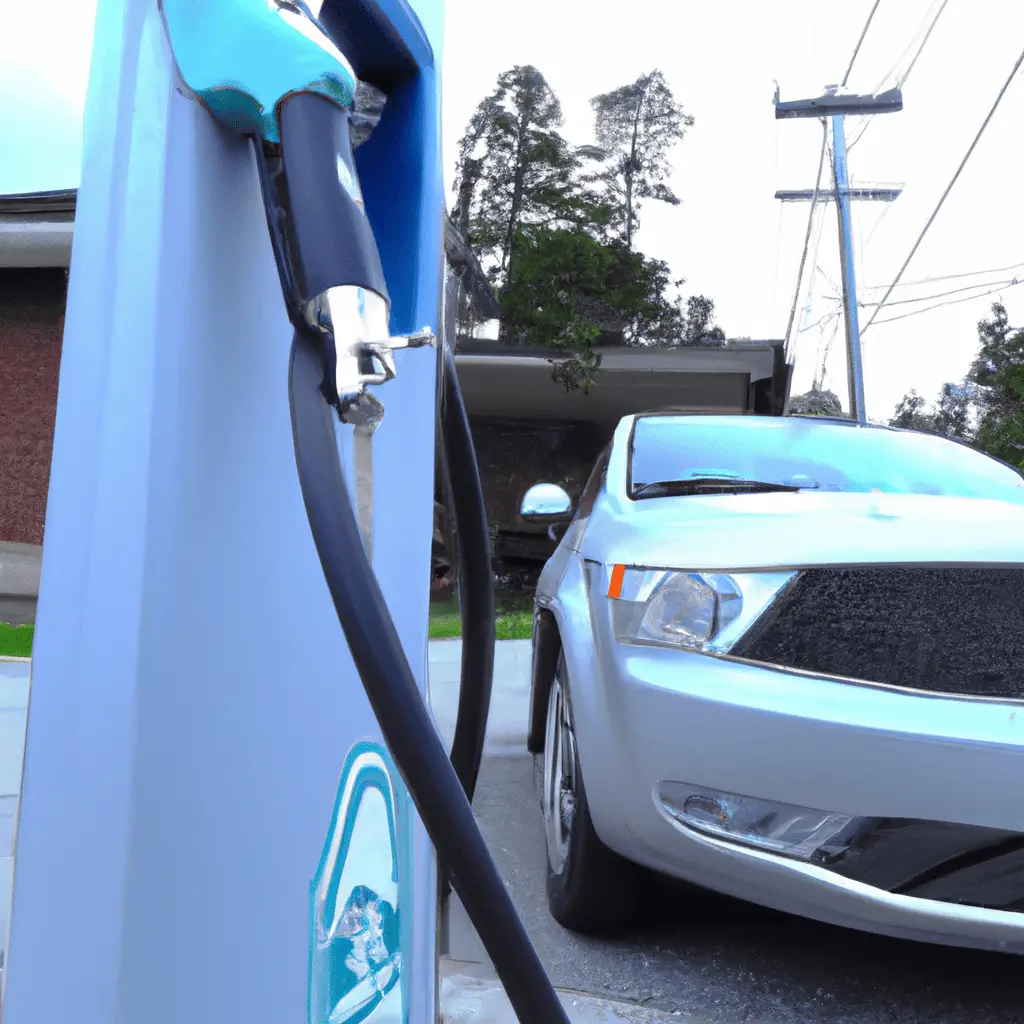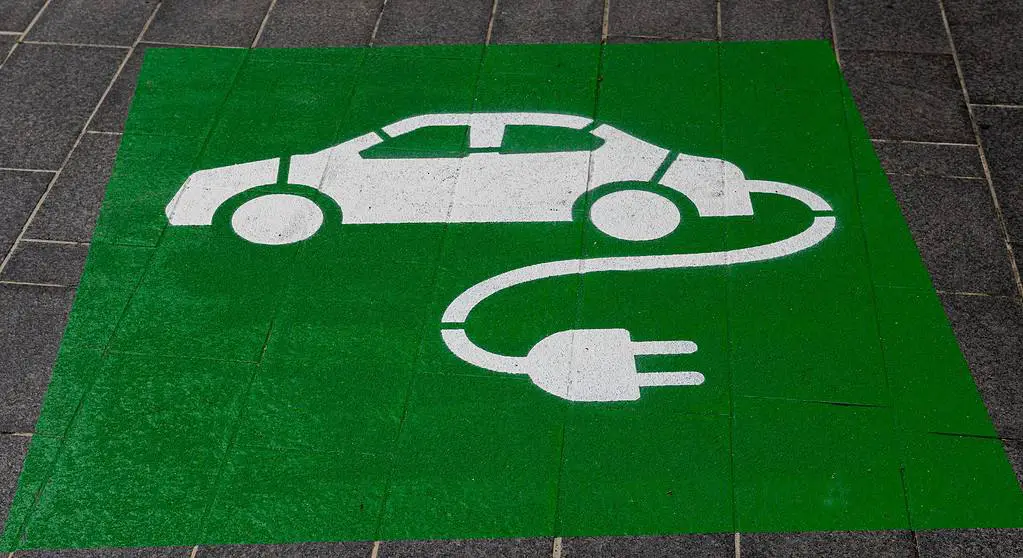In the world of electric vehicles (EVs), one of the biggest concerns that potential buyers have is range anxiety. The fear of running out of battery power and getting stranded on the road is a valid worry for those considering making the switch to an EV. However, a recent survey conducted by Zap-Map, the chargepoint finder app, reveals an interesting perspective from actual EV owners. Surprisingly, range anxiety is not their primary concern. Instead, their biggest worry revolves around the reliability of charging stations. This article will explore the myth of range anxiety and shed light on the real concerns faced by EV owners, providing valuable insights for those considering an electric vehicle.
Understanding Range Anxiety
Definition of range anxiety
Range anxiety refers to the fear or concern that an electric vehicle (EV) will run out of battery power before reaching its destination or a charging station. It is a psychological barrier that can discourage potential EV buyers and cause anxiety among current EV owners.
Origins of range anxiety
Range anxiety emerged as a significant issue with the advent of electric vehicles and the limitations of their battery technology. The early models had limited range and few charging infrastructure options, leading to concerns about being stranded with no access to charging. This fear was compounded by the long charging times required for early EVs.
Prevalence of range anxiety
Despite the advancements in EV technology, range anxiety persists to some extent among both potential buyers and current owners. Surveys have consistently shown that range anxiety is one of the primary concerns for people considering an EV purchase. However, as we will discuss later, actual EV owners report that range anxiety diminishes over time as they become more familiar with their vehicle’s capabilities and charging options.
The Reality of EV Range
Evolution of EV range over the years
One of the key factors that have contributed to range anxiety is the limited range of early electric vehicles. However, over the years, significant progress has been made in extending the range of EVs. Improvements in battery technology, more efficient drivetrains, and lighter vehicle components have all contributed to increasing EV range.
How charging infrastructure affects range
Another factor that influences range anxiety is the availability and accessibility of charging infrastructure. Without a reliable network of charging stations, EV owners may worry about running out of battery power during a journey, especially if they are traveling long distances. However, the expansion of public and private charging infrastructure has alleviated some of these concerns and made long-distance travel in EVs more feasible.
Current average range of popular EV models
Many popular EV models on the market today offer more than enough range to meet the average daily driving needs of most people. Vehicles like the Tesla Model 3, Chevrolet Bolt EV, and Nissan Leaf can travel over 200 miles on a single charge. This range is sufficient for most people’s daily commutes and errands, reducing the need for frequent charging and mitigating range anxiety.

This image is property of www.topgear.com.
Dispelling the myth: Range Anxiety is not forever
Studies showing range anxiety diminishes over time
Research studies have consistently shown that range anxiety tends to decrease as EV owners become more accustomed to their vehicle’s capabilities and charging options. A study conducted by the University of California, Davis found that the majority of EV owners experienced a significant decrease in range anxiety within the first few months of ownership.
Accounts from EV owners about decreasing range anxiety
The anecdotal evidence from EV owners further supports the notion that range anxiety diminishes over time. Many EV owners report that as they become more familiar with their vehicle’s range and charging capabilities, they develop a better understanding of how to manage their driving habits and charging schedules to minimize the risk of running out of battery power.
Role of habituation and familiarity in reducing range anxiety
Habituation and familiarity play a crucial role in reducing range anxiety. As EV owners become accustomed to the range and charging options available to them, they develop strategies to optimize their driving habits and charging routines. This includes planning routes that have charging stations along the way, utilizing home charging options, and taking advantage of public charging infrastructure.
How EV Owners Deal with Range
Common charging practices among EV owners
EV owners have developed various charging practices to manage range anxiety effectively. These practices include utilizing home charging stations to ensure a full charge every morning, taking advantage of workplace charging options, and strategically planning routes to maximize access to charging stations.
Planning long trips with an EV
For longer trips, EV owners typically plan their routes to include charging stops at regular intervals. The availability of mapping apps and charging station locator tools makes it easier to identify charging stations along the way and plan stops accordingly. Some EV owners also use trip planners specifically designed for EVs to optimize their driving and charging stops.
Real-world EV usage patterns and how they affect anxiety
Studies analyzing real-world EV usage patterns have found that the majority of daily driving falls well within the average range offered by most EV models. This means that for typical, day-to-day use, range anxiety is rarely an issue. However, it becomes more relevant when drivers need to travel long distances or deviate from their regular routines. This highlights the importance of charging infrastructure development and access to reliable charging options.

This image is property of images.pexels.com.
The Role of Charging Infrastructure in Range Anxiety
Current state of public charging infrastructure
The availability and accessibility of public charging infrastructure play a significant role in alleviating range anxiety. In recent years, there has been a considerable expansion of public charging stations, including fast-charging options that significantly reduce charging times. However, there are still gaps in coverage, particularly in more rural or remote areas, which can contribute to range anxiety for some EV owners.
Future plans for infrastructure expansion
To address the gaps in charging infrastructure and further alleviate range anxiety, governments and private companies are investing in the expansion of public charging networks. Initiatives include installing more charging stations along major highways, increasing the number of fast-charging stations, and implementing smart charging solutions that optimize charging efficiency and availability.
Impact of charging infrastructure availability on range anxiety
The availability of reliable and accessible charging infrastructure can greatly reduce range anxiety for EV owners. Knowing that there are charging stations conveniently located along their regular routes and at their destinations provides peace of mind and confidence in the feasibility of long-distance travel. As the charging infrastructure continues to expand, it is expected that range anxiety will become less of a concern for EV owners.
The Real Concern: Charging Reliability
What is charging reliability?
Charging reliability refers to the ability of an EV owner to successfully charge their vehicle without encountering issues or failures. This includes factors such as the availability of functioning charging stations, compatibility between the vehicle and the charging infrastructure, and the overall reliability of the charging process. Any failure or inconvenience during the charging process can contribute to range anxiety.
How failure to charge contributes to anxiety
If an EV owner encounters a non-functioning or occupied charging station when they need to charge their vehicle, it can lead to frustration and anxiety. The fear of not being able to charge when needed can cause EV owners to second-guess their driving habits and limit their travel options, contributing to range anxiety.
Measures being taken to boost charging reliability
To improve charging reliability, charging station operators and manufacturers are taking measures such as regularly maintaining and updating charging equipment, ensuring compatibility with various EV models, increasing charging station capacity, and offering real-time charging status information to drivers. These efforts aim to minimize charging failures and provide EV owners with a more reliable and seamless charging experience.

This image is property of images.pexels.com.
How Range Anxiety Affects Potential EV Buyers
Conflicting concerns of potential buyers
Potential EV buyers often face conflicting concerns when considering an electric vehicle purchase. On one hand, they are attracted to the environmental benefits, lower operating costs, and technological advancements of EVs. On the other hand, range anxiety and the perceived limitations compared to conventional vehicles can deter them from making the switch.
Impact of range anxiety on EV adoption rates
Range anxiety has been identified as one of the primary barriers to widespread EV adoption. While there is a growing awareness and interest in electric vehicles, the fear of running out of range and being unable to find a charging station remains a significant concern for potential buyers. addressing range anxiety and providing reassurance about EV range and charging options are crucial in encouraging more people to consider EVs as a viable transportation option.
How education and awareness can reduce potential-buyer anxiety
Education and awareness campaigns are instrumental in addressing range anxiety among potential EV buyers. Providing accurate information about EV range capabilities, charging infrastructure availability, and real-world usage patterns can help dispel misconceptions and alleviate concerns. Test drive events, informative guides, and online resources can also empower potential buyers with the knowledge they need to make an informed decision and reduce range anxiety.
Solutions to Ease Range Anxiety
Technological advancements improving EV range
Ongoing technological advancements in battery technology, such as higher energy density and faster charging capabilities, are continuously improving the range of electric vehicles. These advancements allow for longer travel distances on a single charge and reduce the need for frequent charging, effectively easing range anxiety.
Role of auxiliary power sources
Auxiliary power sources, such as onboard generators or range extenders, can provide additional peace of mind for EV owners concerned about range anxiety. These systems utilize alternative fuels, such as gasoline or hydrogen, to generate electricity and extend the range of the vehicle. While not a widely adopted solution, auxiliary power sources offer a backup option for EV owners who may need additional range beyond their vehicle’s electric capabilities.
The rise of battery swapping stations
Battery swapping stations are emerging as a potential solution to address range anxiety. This concept involves quickly replacing a depleted battery with a fully charged one, eliminating the need for lengthy charging times. While battery swapping stations require significant infrastructure investment and standardization among EV manufacturers, they have the potential to alleviate range anxiety by providing a quick and convenient charging alternative.

This image is property of images.pexels.com.
How Auto Manufacturers are Addressing Range Anxiety
Range improvement initiatives by key manufacturers
Auto manufacturers recognize the importance of addressing range anxiety and have embarked on various initiatives to improve the range of their electric vehicle models. These initiatives include optimizing battery technology, developing more efficient drivetrains, and investing in research and development to extend the capabilities of EVs.
Vehicles on the market with impressive range
Several electric vehicle models currently on the market offer impressive range capabilities that rival or surpass those of many conventional vehicles. The Tesla Model S Long Range, for example, can travel over 400 miles on a single charge, while the Ford Mustang Mach-E and Hyundai Kona Electric offer ranges of around 300 miles. These high-range EV options provide reassurance to potential buyers and alleviate range anxiety.
How manufacturers are addressing charging reliability
In addition to improving range, auto manufacturers are also addressing charging reliability to alleviate range anxiety. Many manufacturers are partnering with charging station operators to expand charging infrastructure, implementing advanced charging management systems to optimize charging efficiency, and providing comprehensive warranty and support programs to ensure a seamless charging experience for EV owners.
Prognosis: The Future of EV Range and Anxiety
Predictions for EV range in the coming years
As technology continues to advance, it is expected that the range of electric vehicles will continue to improve. Battery technology is projected to become more energy-dense, allowing for even longer travel distances on a single charge. Additionally, advancements in charging infrastructure and the introduction of faster charging technologies will further reduce range anxiety and make electric vehicles more convenient and practical.
Expected improvements to charging infrastructure
Charging infrastructure is set to undergo significant improvements in the near future. Governments, private companies, and charging network operators are investing in expanding the coverage of public charging stations, increasing the number of fast-charging options, and implementing smart charging solutions. These developments will enhance the reliability and accessibility of charging infrastructure, providing EV owners with greater peace of mind and reducing range anxiety.
Potential end of range anxiety as EV technology matures
As electric vehicle technology continues to mature and becomes more widespread, range anxiety is expected to diminish significantly. With longer ranges, faster charging times, and a robust and reliable charging infrastructure, the concerns surrounding range anxiety will become less relevant. Education, awareness, and experience will further contribute to the normalization of EV use and the reduction of range anxiety among both potential buyers and current owners.



